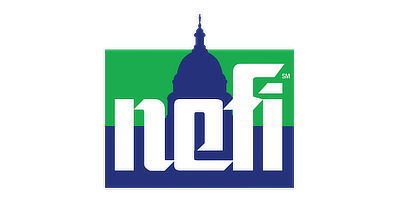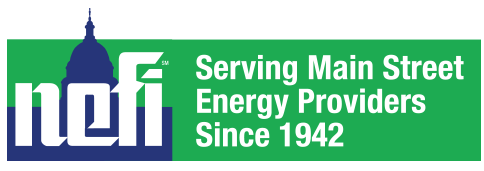The Federal Motor Carrier Safety Administration has issued an Internal Agency Enforcement Policy to implement the English Language Proficiency requirement as an out-of-service violation for CMV drivers.
On April 28, 2025, President Trump signed an Executive Order directing the FMCSA to strengthen the English Proficiency Requirements for Commercial Motor Vehicle Operators. Under 49 CFR 391.11(b)(2), commercial motor vehicle drivers must "read and speak the English language sufficiently to converse with the general public, to understand highway traffic signs and signals in the English language, to respond to official inquiries, and to make entries on reports and records."
The Order states that this requirement has not been enforced in recent years, and a 2016 FMCSA guidance memorandum downgraded the English language requirement to a civil penalty. The Order directed FMCSA, within 60 days, to rescind the 2016 guidance and take steps to ensure enforcement of the English-language requirement. In addition, the FMCSA must revise its out-of-service criteria so that a violation of the English language proficiency requirement results in the driver being placed out-of-service.
In response to the Executive Order, the Commercial Vehicle Safety Alliance passed an emergency measure to add the English proficiency standard to the driver OOS requirements effective June 25, 2025.
This new FMCSA Enforcement Policy rescinds the 2016 guidance memo and provides direction for federal commercial motor vehicle inspectors to ensure enforcement of the English language proficiency standard, effectively immediately. This policy advises FMCSA personnel to initiate all roadside inspections in English. If the inspector's initial contact with the driver indicates that the driver may not understand the inspector's initial instructions, the inspector should conduct an English Language Proficiency assessment in order to evaluate the driver's compliance with 49 CFR § 391.11(b)(2). This assessment should consist of a (1) driver interview; and (2) highway traffic sign recognition assessment.
The actual evaluation tests are redacted from the publicly available FMCSA policy document, presumably so that drivers may not simply memorize the correct responses.
The policy states the inspector should inform the driver that the driver should respond to the inspector in English. Tools to facilitate communication such as interpreters, I-Speak cards, cue cards, smart phone applications, and On-Call Telephone Interpretation Service may not be used during the driver interview, as the memo states those tools may mask a driver's inability to communicate in English.
The policy further provides that if the driver is cited for a violation of 49 CFR § 391.11(b)(2), the inspector must document all evidence to support the identified violation including the driver's responses or lack thereof. It is the policy of FMCSA that the inspector also take follow-on action including: 1) placing the driver immediately out-of-service once a violation of 49 CFR § 391.11(b)(2) is incorporated into the North American Standard Out-of-Service Criteria (which will become effective June 25, 2025); and 2) when warranted, initiating an action to disqualify the driver from operating commercial motor vehicles in interstate commerce.
Should the driver be placed out-of-service, the inspector should advise the driver that it is unlawful to operate a commercial motor vehicle while out-of-service and that the driver should not operate CMVs in interstate commerce until the condition is remedied (which presumably means when the driver can speak and read English sufficiently to meet the regulatory requirements).
Finally, the new enforcement policy is not applicable to drivers in the commercial zones along the U.S-Mexico border. The policy applies to all FMCSA enforcement personnel who perform inspections of motor carriers and drivers in the U.S. engaged in interstate operation of CMVs. However, when performing inspections of drivers operating CMVs in the border commercial zones along the U.S.-Mexico border, FMCSA enforcement personnel are directed to cite drivers for violations of 49 CFR § 391.11(b)(2) in accordance with this policy but should not take follow-on actions of placing the driver out-of-service or initiating an action to disqualify the driver.
In addition, CVSA will petition FMCSA to update 49 CFR 391.11(b)(2) to identify non-compliance with English language proficiency as an out-of-service condition. CVSA will also send a petition FMCSA requesting that the agency harmonize the commercial driver's license English language requirements in 49 CFR Part 383 "Commercial Driver's License Standards" with those in 49 CFR Part 391 "Qualifications of Drivers and Longer Combination Vehicle (LCV) Driver Instructors" so that the standards are consistent.
Previously, Executive Order 14224 of March 1, 2025, designated English as the official language of the United States. President Trump asserted that inability of CMV drivers to speak and read English is a safety hazard on the nation's highways.

 Admin - 06:00 pm -
May 28th, 2025
Admin - 06:00 pm -
May 28th, 2025 







